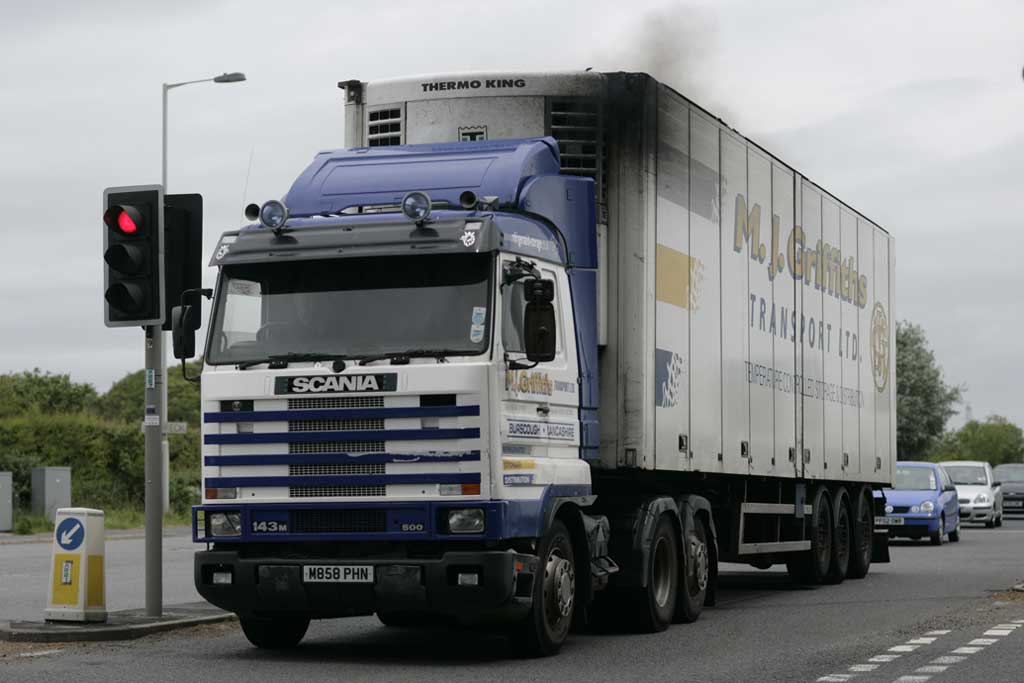The automakers have three months to pay the fine. Previously, they reported about 2.85 billion euros reserved especially for this purpose. Fines for Volvo, Iveco and Daimler have been cut as they cooperated with the regulator. MAN, owned by Volkswagen (VW), is exempt from the fine in the amount of 1.2 billion euros for informing antitrust authorities about the violations. "Incrimination cartel - a move that paid off," - said Vestager.
Her office led the investigation against six manufacturers. The last of them, Scania (also part of the VW), decided not to enter into a settlement agreement with the regulator, and the investigation against him continues. The European Commission has the right to impose a fine of up to 10% of a company’s global turnover; in this case, maximum penalty for the six truck manufacturers could amount to EUR 10.7 billion.
Vestager called unacceptable the fact that «MAN, Volvo/Renault, Daimler, Iveco and DAF, which produce 9 out of 10 medium and heavy trucks in Europe, were part of the cartel rather than competed with each other." According to the EC, the cartel was formed in 1997 when the companies’ top managers met in a "cozy hotel" in Brussels to agree on joint actions. Then they often met "at trade fairs and other events," talked on the phone until 2004, when the cartel’s activities had become more "formalized", and representatives of the companies started to exchange information by e-mail, the EC said in a statement. Their actions were coordinated until 2011, when the regulator launched an investigation.
At some point, it became clear that the automakers had their activities coordinated in three areas. First, they aligned wholesale pricing for trucks. The prices were set at the factories and represented a benchmark for negotiations on procurement with transport companies. Second, the carmakers adjusted implementation of new technologies to reduce emissions, which are required to fulfill stringent environmental standards of the EU, thus delaying entry of these technologies into use. Third, they agreed to pass through additional costs, fixing the premium price.
Since the automakers pleaded guilty under the agreement’s terms, those transport companies which overpaid for trucks can sue the dishonest producers.
From the very beginning of the investigation, scale of charges had been a concern for some truck manufacturers. Representatives of two companies even asked the EC for leniency on the grounds that high fines may put them in an extremely difficult financial situation.
source: reuters.com
Her office led the investigation against six manufacturers. The last of them, Scania (also part of the VW), decided not to enter into a settlement agreement with the regulator, and the investigation against him continues. The European Commission has the right to impose a fine of up to 10% of a company’s global turnover; in this case, maximum penalty for the six truck manufacturers could amount to EUR 10.7 billion.
Vestager called unacceptable the fact that «MAN, Volvo/Renault, Daimler, Iveco and DAF, which produce 9 out of 10 medium and heavy trucks in Europe, were part of the cartel rather than competed with each other." According to the EC, the cartel was formed in 1997 when the companies’ top managers met in a "cozy hotel" in Brussels to agree on joint actions. Then they often met "at trade fairs and other events," talked on the phone until 2004, when the cartel’s activities had become more "formalized", and representatives of the companies started to exchange information by e-mail, the EC said in a statement. Their actions were coordinated until 2011, when the regulator launched an investigation.
At some point, it became clear that the automakers had their activities coordinated in three areas. First, they aligned wholesale pricing for trucks. The prices were set at the factories and represented a benchmark for negotiations on procurement with transport companies. Second, the carmakers adjusted implementation of new technologies to reduce emissions, which are required to fulfill stringent environmental standards of the EU, thus delaying entry of these technologies into use. Third, they agreed to pass through additional costs, fixing the premium price.
Since the automakers pleaded guilty under the agreement’s terms, those transport companies which overpaid for trucks can sue the dishonest producers.
From the very beginning of the investigation, scale of charges had been a concern for some truck manufacturers. Representatives of two companies even asked the EC for leniency on the grounds that high fines may put them in an extremely difficult financial situation.
source: reuters.com





